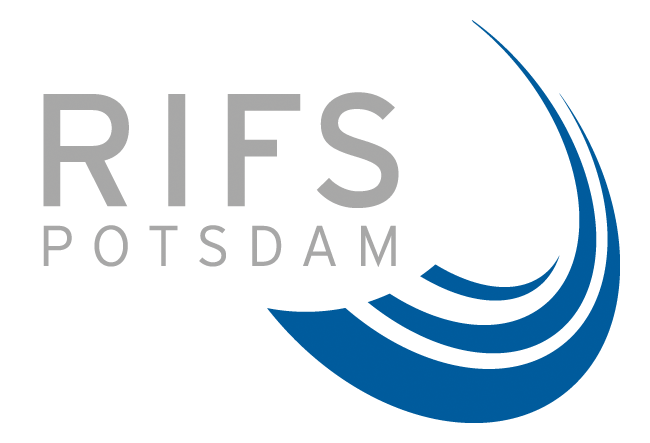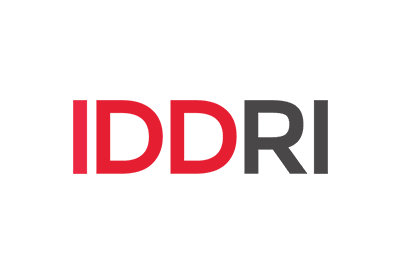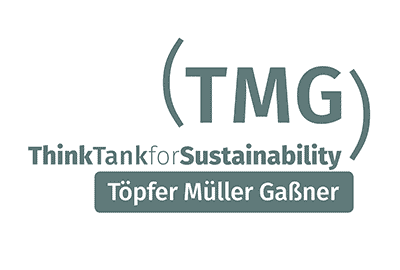Human influence on the oceans, including areas of the high seas (or areas beyond national jurisdiction – ABNJs), continues to intensify as global shipping and new technologies increase our reach into the ocean’s last “frontiers”. This human domination implies the need to design strategies to protect and sustainably manage the marine biodiversity present both in areas under the jurisdiction of countries and in ABNJs, which are common spaces of humanity and therefore the responsibility of the international community.
In this context, the 6th expert workshop on “integrated ocean management in the ABNJs of the Southeast Pacific” was held on 18 May 2022, in the framework of the closing of the STRONG High Seas project. The event brought together experts from the region and the world, as well as government officials from different Latin American countries involved in ocean governance and conservation. The workshop aimed to identify existing tools and best practices for integrated ocean management of ABNJ in the Southeast Pacific. After welcoming remarks by Marcelo Nilo Gatica, Director of Scientific Affairs and Fisheries Resources at the Permanent Commission for the South Pacific – CPPS, Paula Andrea Bueno, Policy Specialist at WWF Colombia, opened the workshop with a presentation on the main findings of the Strong High Seas project.
In her speech, Paula explained Integrated Ocean Management as “an adaptive approach to governing human activities in the oceans, rooted in the ecosystem approach and guided by sustainable development objectives, with a strong focus on improving the ecological state of the ocean and on integration through governance, knowledge and stakeholders”. In this sense, he stressed that regional cooperation is paramount for the sustainable management of biodiversity in the high seas and pointed out that the adaptive capacity offered by Integrated Ocean Management is crucial in finding solutions in a changing world.
In a complementary way, Gustavo Castellanos Galindo, consultant of the Marine programme of WWF Colombia, pointed out that the STRONG High Seas project analysed the measures for the conservation of ABNJ and concluded that there must be better communication between entities, governors and experts, and warned that the precautionary principle must prevail in the face of certain high-impact marine activities. He also noted that the CPPS has a crucial role to play in ocean conservation in the southeast Pacific.
We recommend: Conservation, sustainability and equity: some of the challenges facing the high seas
Moving on to the next part of the workshop, Beatriz Yannicelli, researcher in Oceanography and Fisheries for the University of the Republic of Uruguay, gave a presentation of the main conclusions of the workshops that took place in March. These were attended by 132 participants, including academia, the private sector, non-governmental organisations and representatives from both the Southeast Pacific and Southeast Atlantic states.
Some of the conclusions referred to the contribution that the BBNJ instrument would make in meeting the Sustainable Development Goals and the need for scientific information to be available and accessible to decision-makers. It was also pointed out that the principle of “not undermining” existing instruments with the new BBNJ agreement is key.
We suggest: International waters: How are they managed by the United Nations and what is the future of biodiversity in them?
In the second part of the workshop, working groups were formed to discuss existing cases or good practices in relation to integrated ocean management, as well as the challenges and opportunities that exist in the Southeast Pacific for such management. The conclusions of both groups were shared in plenary.
Subsequently, there were interventions from different participants, including Purificació Canals, president of the Mediterranean Marine Protected Area Managers Network (MedPAN). The expert highlighted the need to capitalise on the knowledge that exists in terms of marine protected areas in order to apply it to the management of the ABNJ. Daniela Diz, associate professor at Heriot Watt University, highlighted the potential of biogeographic classification in the sustainable management of the oceans, and Paula Sierra, researcher at INVEMAR, spoke about the integrated ocean management initiative led by Colombia and how this experience can be useful for the Southeast Pacific.
With the end of the panel, the workshop was concluded. To close the event, Luis Zapata, Coastal Marine Coordinator of WWF Colombia, thanked for the work of the last five years in the STRONG High Seas project, and highlighted its importance in regional efforts to achieve sustainable management of ABNJ.
The workshop summary can be found here.



